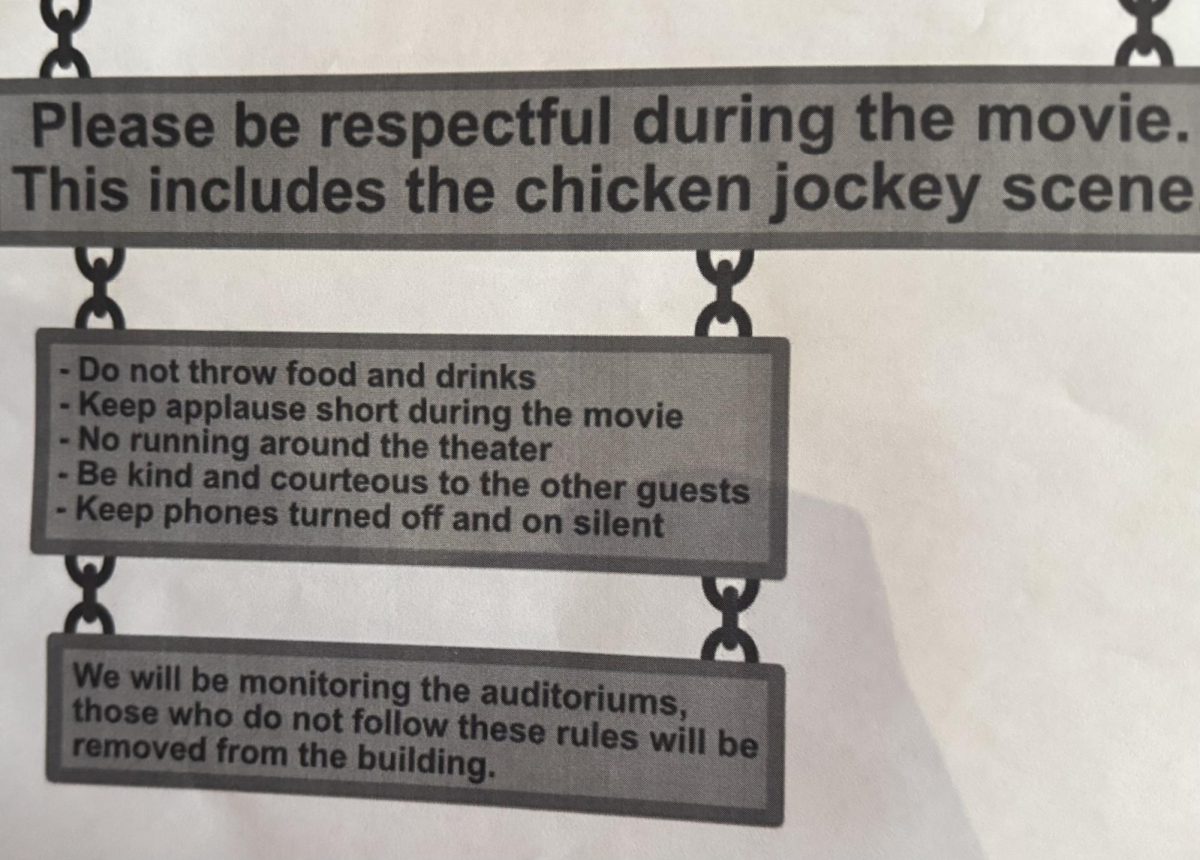The United States Supreme Court has determined, in the case of Warth v. Seldin, 422 U.S. 490, 498 (1975), that “the question of standing is whether the litigant is entitled to have the court decide the merits of the dispute or of particular issues.” Essentially, standing is the ability of the plaintiff to show an adequate connection between a law or action and the harm done to them. Without standing, a case will not be heard by any court.
This brings us to the case of United States v. Windsor, 570 U.S. ____ (2013), the case heard by the Supreme Court this summer regarding the constitutionality of the Defense of Marriage Act (DOMA).
Article III of the Constitution states that the judicial power of the Supreme Court only extends to real cases or controversies. In United States v. Windsor, as Justice Scalia so vehemently pointed out, there was no controversy once the case reached the Supreme Court. The case was originally filed in the U.S. District Court of the Southern District of New York, which ruled in Ms. Windsor’s favor, awarding her a refund.
The Department of Justice then appealed this ruling, despite being in agreement with it, to the United States Court of Appeals for the Second Circuit. This Second Circuit Court upheld the ruling of the District Court, and ruled that Section 3 of DOMA was unconstitutional.
Although still in agreement with the ruling, the Department of Justice then filed for a writ of certiorari with the Supreme Court, asking them to review the rulings yet again, and as we all know the Supreme Court upheld the rulings of both the lower courts.
The problem lies in standing. Due to the fact that the Department of Justice was in agreement with the original District Court ruling, the case should not have been heard in the Second Circuit Court, let alone the Supreme Court.
There was no controversy here. The Department of Justice agreed that since New York acknowledges same-sex marriage, Ms. Windsor deserved to have her money refunded and DOMA was unconstitutional.
The Department of Justice did not have standing to appeal the rulings of either the District Court or the Second Circuit Court, because they were not there to argue against either ruling or defend the constitutionality of DOMA.
Once the District Court ruled DOMA to be unconstitutional, in order for an appeal to be granted, the Department of Justice should have been required to be in disagreement with the ruling and argue that DOMA was, in fact, constitutional.
But this was not the case. Just as the appeal of Proposition 8 in California was thrown out for lack of standing, so, too, should have this one.







Max Mills • Sep 11, 2019 at 5:53 pm
I was just looking for this info for some time. After 6 hours of continuous Googleing, finally I got it in your site. I wonder what is the lack of Google strategy that don’t rank this type of informative websites in top of the list. Usually the top websites are full of garbage.
Carolyn Piper • Sep 9, 2019 at 2:58 pm
Hey there would you mind sharing which blog platform you’re working with? I’m going to start my own blog soon but I’m having a hard time making a decision between BlogEngine/Wordpress/B2evolution and Drupal. The reason I ask is because your design and style seems different then most blogs and I’m looking for something completely unique. P.S Apologies for getting off-topic but I had to ask!